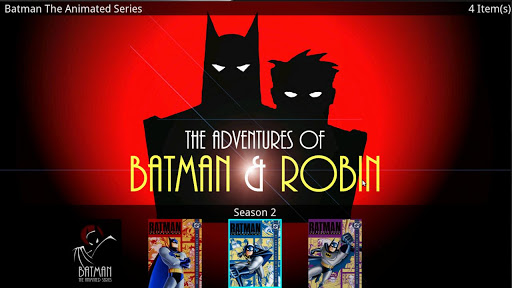
Bring Serenity to Google TV
No, I am not talking of the nerdtastic movie from Joss Whedon, but of an app. I have written twice now of my move from an HTPC to Google TV in the living room, with my most recent post surrounding ways to get both live TV and home media to the tiny set top box. For serving up home media I opted for Plex, which seemed the best solution.
Plex is both a server and app and both are free. Simply install the server software on an always-on computer and control it from a web browser dashboard. From there you can direct it to all of your media -- movies, TV shows, music and photos. It is dead simple to set up and maintain.
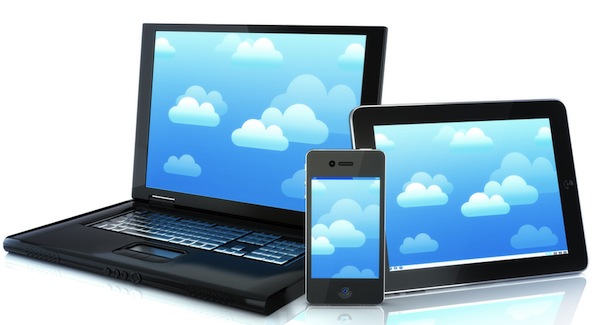
Wishing Windows well in its new role
"The era of PC dominance with Windows as the single platform will be replaced with a post-PC era where Windows is one of a variety of environments that IT will need to support", Van Baker, Gartner research vice president, says. The days of Windows as the applications and device hub are over.
The implications are huge for businesses, which must adapt to something else, too. While native mobile apps are all the rage today, their future is uncertain. Gartner forecasts that by 2016, more than half of those deployed will be hybrid, and that's good for any platform favoring HTML5, including Windows.

Why I love Windows 8
Fourth in a series. It seems to be fashionable at the moment to be negative about Windows 8. People like to whine about how the Modern UI gets in the way and how the rest of it is just Windows 7 with some of the furniture rearranged. Some analysts are even blaming Windows 8 for poor PC sales.
Well, I’m sorry Windows 8 deniers, you’re wrong. I’ve used every major version of Windows since 3.1, I’ve been using Windows 8 since the Developer Preview versions and I think it’s Microsoft’s best effort yet.
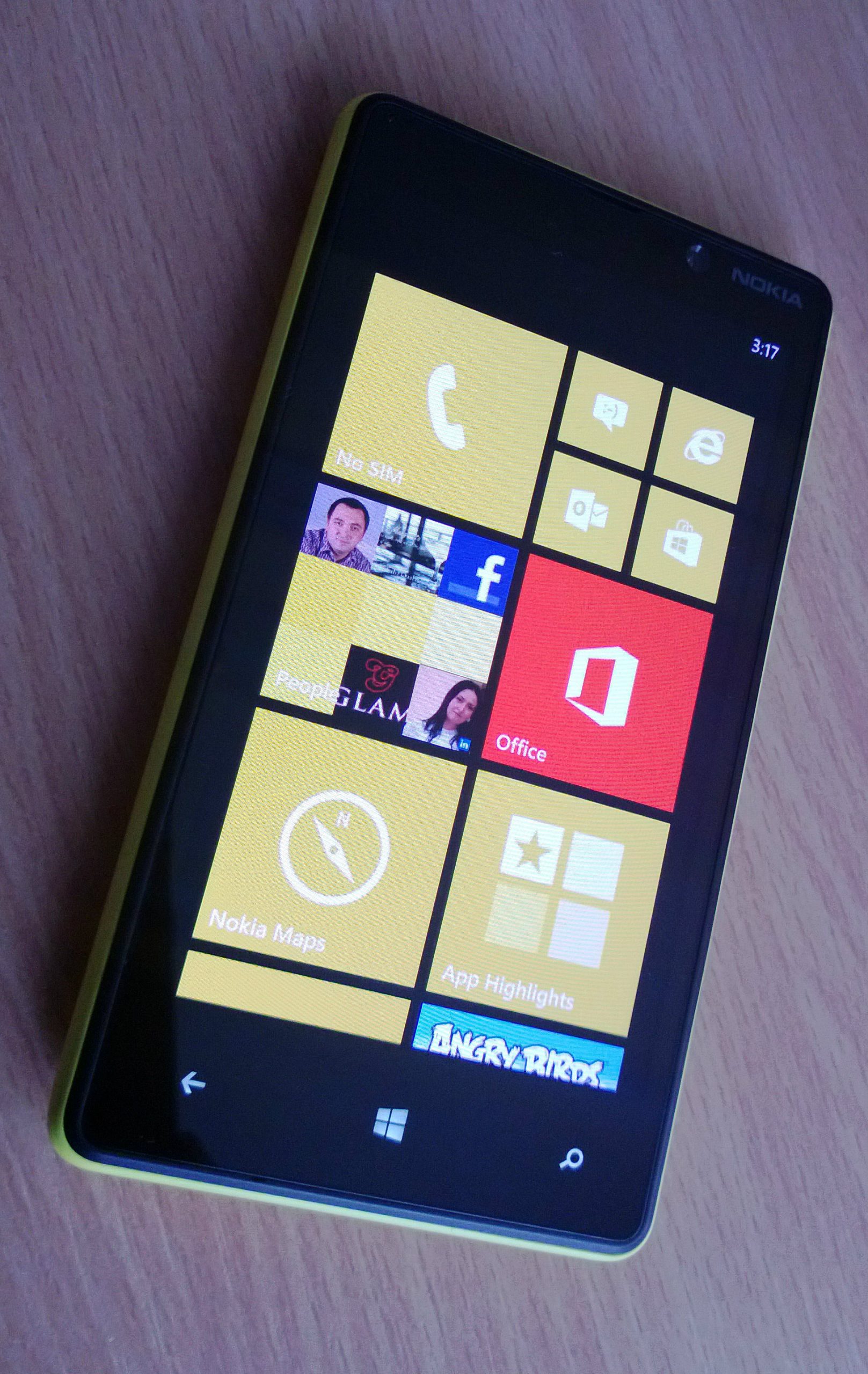
Nokia Lumia 820 review
If you are in the market for a mid-range Windows Phone 8 device then the Nokia Lumia 820 should definitely make your shortlist. The smartphone is affordable, fast, responsive, looks nice and comes with the Finnish manufacturer's exclusive collection of enticing apps. Users can even personalize the appearance of the Lumia 820 by switching between different back covers of attractive colors.
In a number of ways, the Lumia 820 is closer to high-end rather than mid-range Windows Phone 8 devices. The smartphone comes with the same processor as the Lumia 920 (which explains the speed part), features support for wireless charging through optional back plates and sports an AMOLED display where black is really black and not a shade of gray. But, the Lumia 820 is not a scaled down version of the bigger Lumia 920 or any other high-end Windows Phone 8 handset.
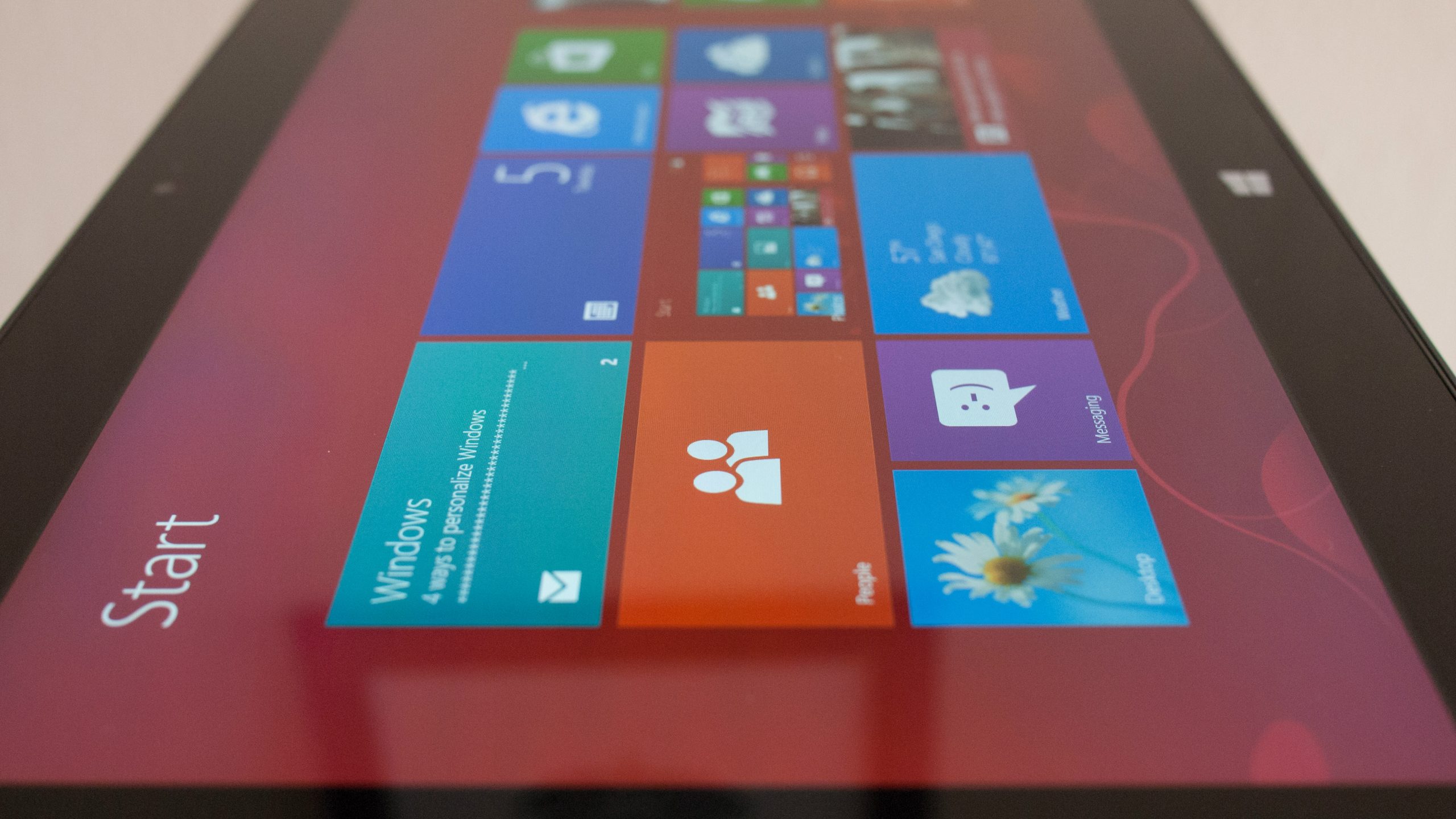
Windows 8 is the new XP
Microsoft's newest and oldest supported PC operating systems share some strange similarities. Windows 8 and XP launched during times of tepid computer sales, forecasts of low adoption and initially weak sales. Neither lifted PC shipments during the launch quarter. Yet the older software went on to be such a workhorse, as much as 40 percent of the install base clings to the OS -- nearly 12 years after launch. That's the future I see. Windows 8 isn't the new Vista, as so many pundits proclaim, but the new XP.
I am quite vocal about the changing of computer eras, a position taken up before Apple started selling iPhone in early summer 2007. But the change is a process gradual at first that accelerates over time. In the case of Windows or the typical personal computer set against cloud-connected devices there can be redefinition, and, with it, renewed relevance. No one should underestimate Microsoft or ignore the past when evaluating present trends. The PC and Windows died before and resurrected.
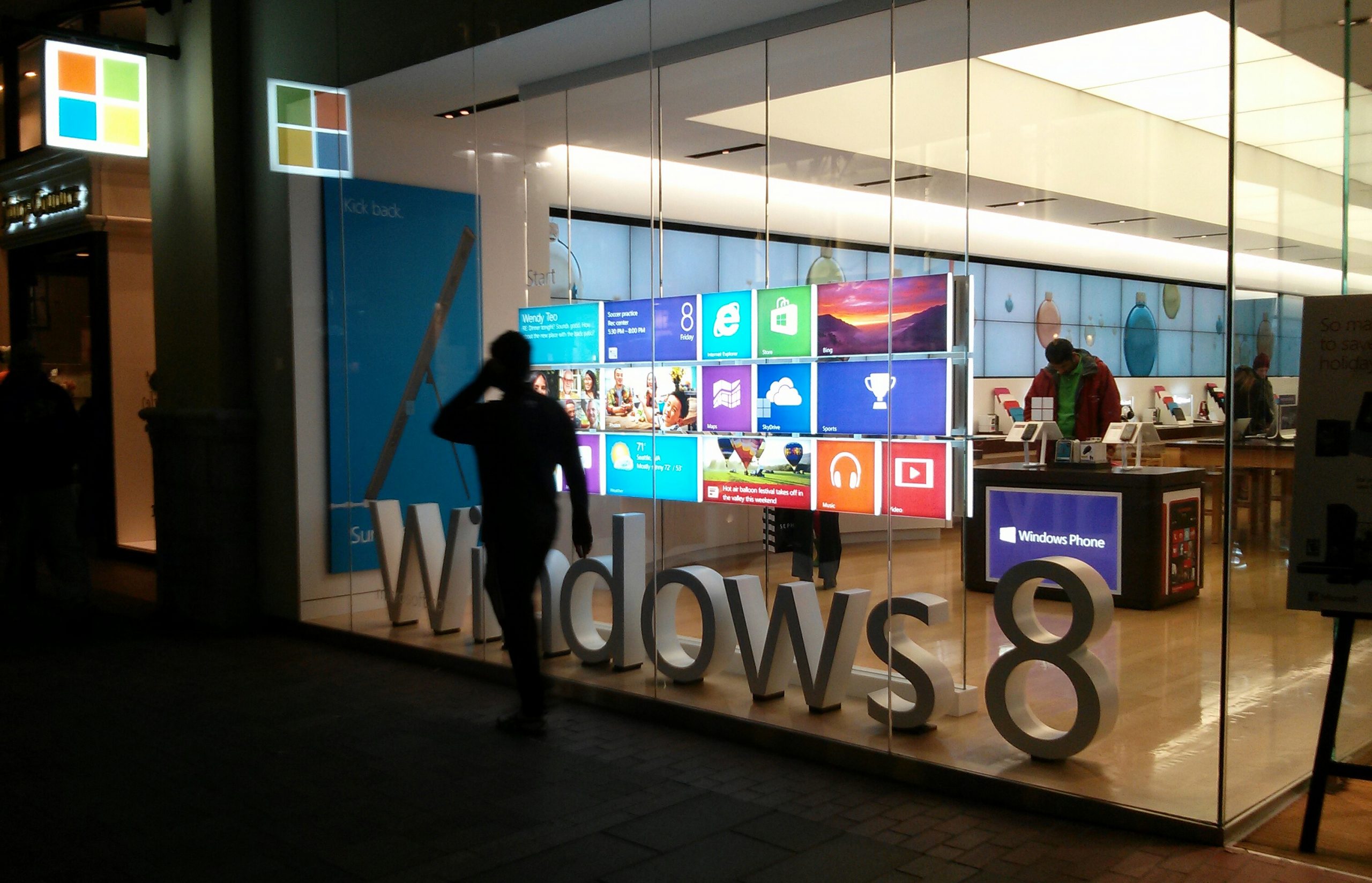
So is Windows 8 Microsoft's ‘biggest failure ever’?
There are lots of questions concerning Windows 8 -- does Microsoft need to make changes to it? Is the OS responsible for the death of the PC? How many copies has it actually sold? And last Friday financial-services company The Motley Fool asked the question in my headline, which I know a lot of people have been pondering too -- is Windows 8 Microsoft's biggest failure ever?
Like all tech firms, the software giant has had its fair share of hits and misses. Microsoft isn’t the greatest risk taker out there, but it does make gambles occasionally that don’t pay off and it has experienced some major flops over the years. People talk about Vista, but there have been plenty of other past disasters, including Windows Me, Microsoft Bob, Zune, Kin… But is Windows 8 its worst catastrophe to date?

There are many reasons for the recent PC sales slump
Windows 8 is not the direct cause for poor PC sales, and to suggest this is simply sensationalism. True, the operating system received cool reception from some people, but most don't realize that Microsoft had little choice to do what it did. The company distributed the first Preview during the BUILD developer conference in autumn 2011, and I immediately recognized what was going on. Windows 8 is all about touch and mobile. Mobile touch devices are replacing computers among many consumers. Microsoft likely saw this and had to do something. That something is Windows 8. I discuss this consumerization of the PC market in my late-March BetaNews story.
What some people fail to appreciate is that a PC is more than a consumer device. Windows is more than a mobile operating system. It is very complex, designed for heavy-duty work. Microsoft had one of two choices: Create a totally new operating system for mobile and leave Windows as is; merge a mobile operating system into Windows so it is a hybrid. That the company chose the latter is ingenious, but risky. Likely we won't know until years from now whether or not Microsoft wisely, but it is a noble undertaking nonetheless.

Bing searches throw up more malware sites than Google
We all know that search engine results can sometimes serve up malware, but if you’re using Bing you’re five times more likely to get malicious links than if you’re using Google.
In an 18-month study, independent German lab AV-Test discovered that all search engines sometimes serve up Trojans and other malware amongst their results despite the search providers' best efforts to prevent it.
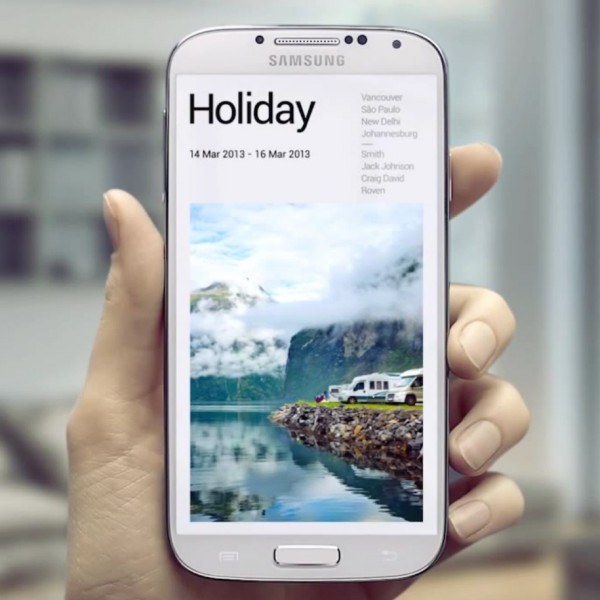
You likely will buy Samsung Galaxy S4
Last week I asked if you would buy Samsung's newest smartphone, which goes on sale later this month. With a large enough sample size -- 1,700 responses so far -- time is come to share the results. Seventy percent say they will buy Galaxy S4, although not all immediately. Just 20 percent answer flat-out "No".
I should qualify the headline: "You likely will buy Samsung Galaxy S4, if you're not American". Over here, more people are bugaboo about iPhone. Apple had 38.9 percent smartphone subscriber share in February compared to 21.3 percent for its South Korean rival, according to comScore. Elsewhere, Samsung rules, selling more general handsets and smartphones than any other manufacturer, according to Gartner. (Woe to damn provincial Americans!)
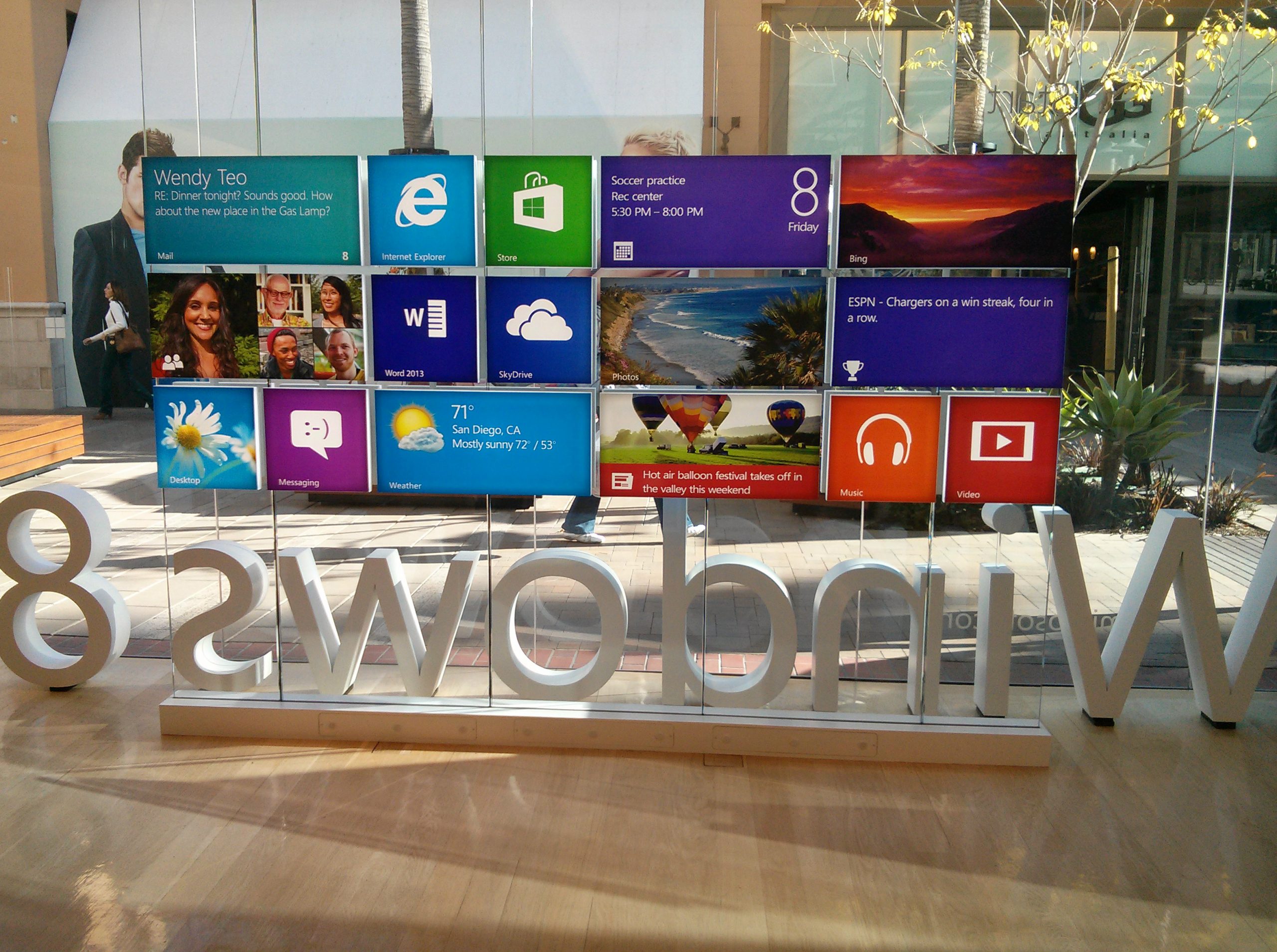
Don't blame Windows 8 for weak PC shipments
Well, well, perhaps Windows 8 isn't cause for all the PC market's woes, as IDC strongly stated yesterday. Gartner's first-quarter assessment is grim but no reaper. The analyst firm lays blame partly on consumers unwillingness to pay more for touchscreen models and asserts that the business market actually grows. Also, the firms released contradictory data, with Apple showing glaring and shocking differences.
Mikako Kitagawa, Gartner principal analyst, doesn't blame Windows 8: "Consumers are migrating content consumption from PCs to other connected devices, such as tablets and smartphones". The first factor pulling down PC shipments, which by Gartner estimates fell 11.2 percent globally during Q1, is tablet competition, then. Not Windows 8.

Set up two-factor authentication for your Google account on Windows Phone
Enabling two-factor authentication for a Google account is an effective security measure against unauthorized access. It adds an extra layer of protection by requiring users to enter an application-specific password or security code in order to gain access to various Google services. For this second part the company says users will need an Android, BlackBerry or iOS handset. But what about generating security codes on Windows Phone? Surely, there has to be a way.
And there is. Microsoft has released an app called Authenticator which allows Windows Phone users to generate security codes for two-factor authentication. And, because it "implements industry-standard security code generation", the app supports Microsoft as well as Google accounts. The only question is: How to set it up for the latter?

FU, Windows 8, PC shipment decline is worst EVER
In some alternate universe, Microsoft CEO Steve Ballmer slaps former Windows & Windows Live president Steven Sinofsky on the back for a job well done. The company's newest operating system is such a huge success that sagging PC shipments soared to record numbers. Our reality is something shockingly different. First-quarter declines are the worst since IDC started tabulating numbers in 1994 and surpass the worst estimates. You know things are really bad when even perennial gainer Apple sees a huge year-of-year fall off.
"At this point, unfortunately, it seems clear that the Windows 8 launch not only failed to provide a positive boost to the PC market, but appears to have slowed the market", Bob O'Donnell, IDC vice president, says. Holy Moley, Windows 8 slowed the market? You want to know why Ballmer booted Sinfosky out the door? O'Donnell offers chilling indictment.
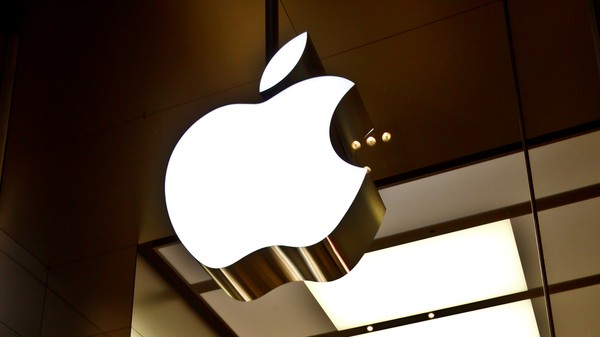
Six ways Apple could correct its enterprise blunders
Second in a series. Out of fairness, I follow up my long analysis "The enterprise will never embrace Apple" with some advice for the company. There's room in the enterprise if only Apple made more effect. None of these suggestions is outside the reach of CEO Tim Cook and the core leadership.
Perhaps Apple stays out of the enterprise game because the top brass knows that they have little expertise in the general directions that big business is heading. Their lack of desire (or capability) for true Active Directory integration, for example, is already public knowledge. When it comes to virtualization and the move to virtual desktops, Apple has no public strategy for allowing (or supporting) such an infrastructure on OS X devices, at least first party. To put it plainly, Apple's overall game plan for cozying up to the wants of enterprise is nearly nonexistent.

The enterprise will never embrace Apple
First in a series. If there is one company that clearly doesn't care about the corporate world, it is Apple. As iOS continues to forge flagship status as Apple's core offering, OS X gets second-class-citizen treatment in every possible way from the Cupertino, Calif.-based company. While the enterprise reluctantly builds out BYOD (bring your own device) initiatives to support usage of Apple devices at the workplace, this is a far stretch from openly embracing iOS or OS X as viable corporate platforms. Apple's presence in the boardroom is due to bottom-up organic acceptance as opposed to top-down purposeful planning.
By even conservative estimates, the enterprise IT market is massive, and growing steadily as the recession continues to recede. IDC recently pinned US corporate IT spending for 2013 at $474 billion, a 6 percent increase over the previous year. And globally, Gartner says that this figure is closer to $2.679 trillion, which represents a 2.5 percent year over year bump. Yet while Apple's sales in phones and tablets continues to stay consistently solid, the company's attitude towards enterprise hasn't changed one bit. For lack of a better description, top Apple executives just "don't care".

Microsoft continues its childish attacks on Google
Microsoft’s Scroogled campaign, in which the technology giant attacks Google for various perceived transgressions, has now turned its sights to Android, or more specifically the Google Play store.
Past Scroogled "attacks" (aka petty whining) have taken Google to task for using a pay-to-rank practice in Google Shopping, and reading emails in Gmail. The newest complaint is that Google shares your personal info with app makers.
